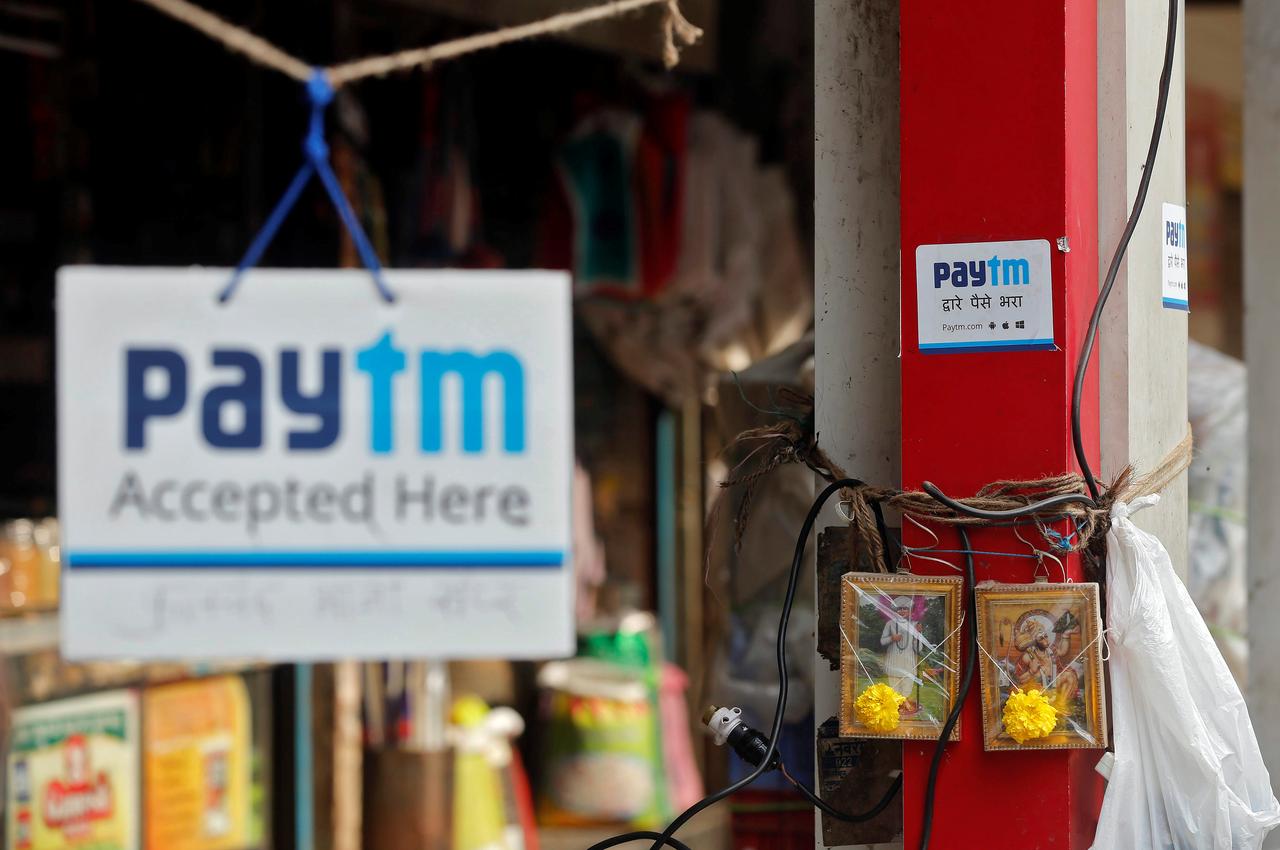App store monopoly wars extend to India with Paytm’s Play Store removal

A few minutes every morning is all you need.
Stay up to date on the world's Headlines and Human Stories. It's fun, it's factual, it's fluff-free.
Paytm’s removal comes as the issue of app store “monopolies” and antitrust disputes heat up around the world.
Paytm Payments Bank Pvt. Ltd. the Indian digital payment service, was briefly pulled from Google’s Play Store in September, as a result of what Google Inc. claimed was a “violation of our Google Play gambling policies.”
The removal, regardless of how brief, prompted concerns from some commentators, including Paytm chief executive officer and co-founder Vijay Shekhar Sharma, that Alphabet Inc was exploiting an alleged “monopoly” in India, where Google’s Android operating system controls some 99% of the smartphone market.
The Paytm episode comes as the e-commerce company itself has struggled against new challenges in the digital financial services field. Once the industry leader, it is now second-best to a number of competitors, Google included.
Paytm’s removal comes as the issue of app store “monopolies” and antitrust disputes heat up around the world.
Just recently, Epic Games Inc. charged Apple Inc. with a similar abuse of its app store “monopoly,” when Apple removed the popular video game Fortnite from its storefront as a result of policy violations. Apple has recently stood by its controversial App Store policies, painting itself as the aggrieved party in its dispute with Epic Games.
Paytm’s rise
Vijay Shekhar Sharma’s Paytm, the digital payments system, was once an industry leader in India, a country where digital payment services have been growing rapidly. The industry has been projected by the financial services firm Credit Suisse to be worth US$1 trillion within the next four years.
Paytm was also once able to look toward a similarly bright future. In late-2016, Paytm witnessed meteoric growth, having grown from 122 million wallet users in January 2016 to a total of 177 million at year’s end.
At this stage, Paytm could rightly be considered an industry leader. Its services had hosted some one billion transactions in 2019 and at a company party in late-2016, co-founder and CEO Sharma told employees that “nobody can beat Paytm. India finally has its own technology giant.”
It would be against existing technology giants, however, that Paytm would struggle.
With the entrance of Alphabet Inc, Amazon.com, Inc. and The Samsung Group to India’s digital payments market, Paytm has struggled.
In May 2020, data showed that Google Pay had a 38.4% share of the digital payments market, compared to Paytm’s smaller 15.1% share. Paytm’s share is also smaller than that of the Wal-Mart-backed PhonePe and Amazon’s own Amazon Pay.
The introduction of WhatsApp into the digital payments market has also compounded Paytm’s troubles. The social media messaging app boasts some 400 million monthly active users in the country and though its current market share of the digital payments market in India stands at nearly 11%, via its WhatsApp Pay service, this is expected to grow significantly.
Removal and antitrust fever
Given his app’s recent difficulties, then, Paytm co-founder and CEO Vijay Shekhar Sharma’s fury at his app’s removal from Google’s Play Store is unsurprising.
Paytm had been organizing a “Scratch and Win” promotion campaign for all payments made via the Paytm app, linked to the Indian Cricket Premier League. Users of the app could win cricket-themed stickers featuring popular cricket players, which could then be converted into cash-backs and other awards, incentivizing users to use digital payments.
In response, Google pulled the Paytm app from the Play Store, citing violations of its policies surrounding gambling. The brief removal caused chaos, as Paytm is not simply a platform for transactions, but is in itself a licensed online bank, allowing users to make deposits, store savings and request loans.
In a televised interview on September 18, Paytm’s CEO rejected Google’s reasoning, calling the decision to remove the app “bullshit of a different degree,” claiming that “Google is not allowing us to acquire new customers right now. That’s all what this is [sic].”
Further rejecting Google’s claims of a policy violation, Paytm shared a blog post that pointed to similar campaigns run by Google’s own Google Pay, which allowed a similar form of cashback. Paytm claims that Google is bending the rules of its platform to suit its own apps and services, to the detriment of competitors such as Paytm.
In the post, Paytm wrote that “presumably, such cashback campaigns of Google Pay are not in breach of Play Store policies, or maybe they are, but a different set of rules apply to Google’s own apps.”
Google’s decision to remove Paytm, without much forewarning, illustrates how the tech giant with a 99% share of the Indian smartphone market through its Android operating system has the ability to make, or unmake, an app’s fortunes.
The dispute between Google and Paytm also comes as allegations of app-store related monopolies have been on the rise.
Most recently, Apple Inc. removed Epic Games’ popular video game Fortnite from the iOS App Store after Epic introduced an alternative payment system seeking to bypass Apple’s own in-app purchase system, which charges app developers a 30% commission.
Apple has stood by its controversial 30% commission and an update to its App Store policies and guidelines shows no sign that it will relent.
For Paytm, frustration likely stems not just from the removal of its app, but also from slowly losing its hold on the digital payments market in India. Paytm’s dispute with Google is likely to only stymie Paytm’s future growth as further competitors enter the market.
Have a tip or story? Get in touch with our reporters at tips@themilsource.com




Comments ()